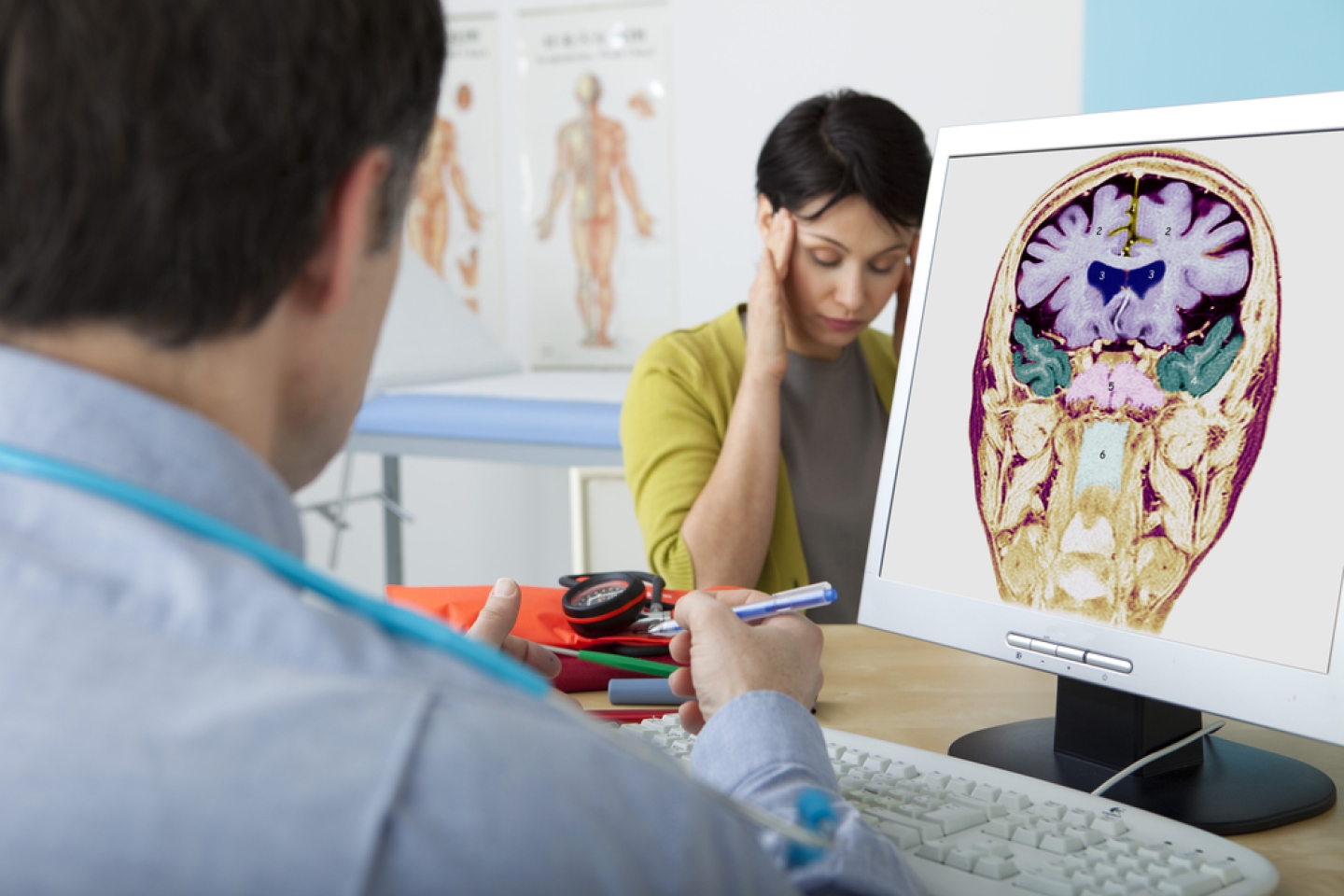
May is National Stroke Awareness Month and all of us have the opportunity to learn about a major health issue that’s the 5th most common cause of death and a leading cause of disability in this country.
According to the American Stroke Association, a stroke occurs when a blood vessel that carries oxygen and nutrients to the brain is either blocked by a clot or bursts. When that happens, the affected part of the brain can’t get the oxygen it needs, and brain cells die.
Read on for answers to your FAQs about stroke, thanks to Dr. Ava Liberman, an Assistant Professor of Neurology and Assistant Attending Neurologist at Weill Cornell Medicine.
These occur when a weakened blood vessel ruptures and bleeds into an area of the brain. The blood accumulates there and compresses the surrounding brain tissue.
“Hemmorhagic strokes account for 10 to 15 percent of all strokes in the U.S.,” says Dr. Liberman, “and they’re usually related to high blood pressure—a problem that’s easily treated and controlled.”
The majority of strokes in this country are ischemic strokes.
The most common causes for ischemic stroke are:
Less common causes of ischemic stroke include clotting diseases and tears in blood vessels.
“Sometimes, people can have a lack of blood flow to the brain without ischemia,” she says. “That’s called a transient ischemic attack (TIA), and it can be a harbinger of a full-blown ischemic stroke. But TIAs can be treated and prevented as well.”
There are some very rare diseases in which blood flow to the brain can be compromised due to vasospasm--narrowing of the arteries caused by persistent contraction of the blood vessels—or other blood vessel issues. These often result in stroke.
Hypertension is a major risk factor for both ischemic and hemorrhagic stroke—one that’s easily controlled. Diabetes, tobacco use and high cholesterol are also modifiable risk factors. Age is a non-modifiable risk factor, meaning it can’t be changed.
In young adults, nontraditional risk factors such as migraine and autoimmune diseases have a significantly greater effect on stroke risk than traditional risk factors do. Bright outdoor lights at night, air pollution and infections are being studied as potential stroke triggers.
During the pandemic, people did not seek care for minor strokes/TIAs because of their understandable fear of hospitalization. People who did have strokes and were hospitalized had higher rates of mortality.
“The short answer is that COVID-19 infection has been associated with increased stroke risk. However, the risk is similar if not lower than the stroke risk conferred by other infections, such as the flu.”
Signs of a stroke may include sudden severe headache, unilateral weakness, numbness, speech changes, facial droop and vision loss.
But instead of memorizing the foregoing list, learn the warning signs of a stroke per the acronym FAST, described here:
“Recovery depends on initial stroke deficits,” Dr. Liberman says. “People generally recover from small strokes more successfully than from larger ones. Hemorrhagic strokes have a different prognosis from ischemic strokes.”
According to the American Stroke Association, rehabilitation is the key to achieving and celebrating small victories en route to recovery. Stroke recovery can seem overwhelming, but rehabilitation can help patients regain their strength, resolve and independence.
Schedule a consultation with a neurologist at Weill Cornell Medicine’s Stroke Center here.